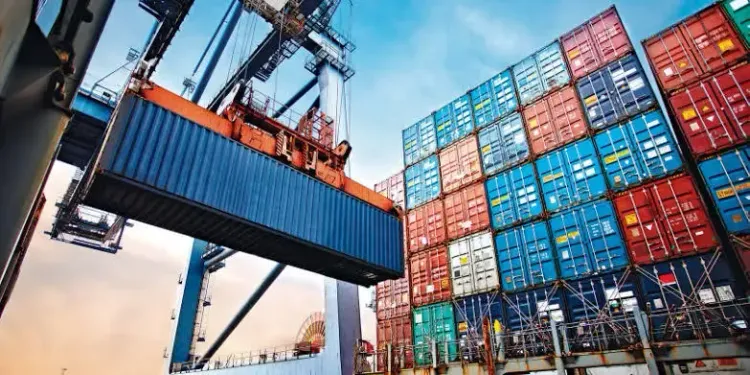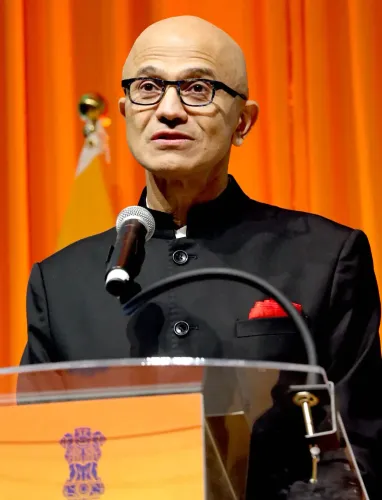India’s Engineering Exports to the US Reach $1.62 Billion in January Amid Tariff Concerns

Synopsis
Key Takeaways
- Engineering exports to the US increased by 18% in January.
- Total engineering exports reached $9.42 billion in January.
- Positive growth maintained for nine consecutive months.
- New US tariffs pose challenges for exporters.
- Engineering sector contributes 3.53% to GDP.
New Delhi, March 6 (NationPress) India's engineering goods exports have shown significant growth in January this year despite uncertainties in global markets, with the United States being the primary destination.
The nation’s engineering goods exports to the US experienced an 18 percent year-on-year increase in January, reaching $1.62 billion. The overall exports of engineering products for the month demonstrated a 7.44 percent growth, totaling $9.42 billion in January 2025, compared to $8.77 billion in the same month last year, according to data compiled by the Engineering Exports Promotion Council (EEPC).
In spite of geopolitical tensions and the rise of trade protectionism, India's engineering exports have maintained a positive growth trajectory for the ninth consecutive month, as highlighted in an EEPC statement.
EEPC India Chairman Pankaj Chadha remarked: "The engineering exporting community has successfully achieved positive growth amid considerable global turbulence, including ongoing conflicts and increasing protectionist measures from several of our major export destinations."
This statement comes at a time when American President Donald Trump has announced plans to increase tariffs on Indian exports starting April 2 as part of what he describes as a reciprocal tariff policy.
"Global exports appear to be at a pivotal point amid significant changes and new geopolitical challenges. Trade policies worldwide are evolving to address domestic concerns, yet they are imposing unprecedented pressure on businesses," Chadha stated.
Chadha warned that the latest US tariffs underline the challenges exporters are likely to confront in the near future, emphasizing that ongoing government support in export credit and technology will be vital for maintaining competitiveness.
Globally, over 3,000 trade restrictions were enacted in 2024 alone, creating risks for the multilateral trading system, according to the Global Trade Outlook 2025 report published by the International Chamber of Commerce (ICC).
India's leading engineering export markets, such as Germany, Mexico, Turkey, South Africa, France, Japan, Nepal, and Bangladesh, recorded positive growth in January. However, exports to the UK, Saudi Arabia, Malaysia, China, Italy, and Spain saw declines.
Indian engineering exports continued their year-on-year growth streak for the ninth straight month in January, although the growth rate decreased to 7.44 percent from 8.32 percent in December, according to the EEPC.
The growth in January was primarily fueled by exports of aircraft, spacecraft and parts, electric machinery and equipment, automobiles and auto components, industrial machinery, iron and steel products, and medical and scientific instruments, the report noted.
Cumulatively, engineering exports for the April-January period of FY25 amounted to $96.75 billion, reflecting a 9.82 percent increase from $88.10 billion during the same period last year.
The share of engineering goods in India's total merchandise exports stood at 25.86 percent in January and 26.96 percent in the April-January period of FY25, as per quick estimates from the Department of Commerce.
Engineering represents the largest industrial sector in India and contributes 3.53 percent to the nation's Gross Domestic Product (GDP). The engineering sector includes the production of iron, steel, related products, non-ferrous metals, industrial machinery, automobiles, auto components, and various other engineering products.
India became a permanent member of the Washington Accord (WA) in June 2014, joining an exclusive group of 17 countries that are permanent signatories of this elite international agreement on engineering education and the mobility of engineers. The Indian engineering sector has experienced remarkable growth in recent years, spurred by increased investment in infrastructure and industrial production.









